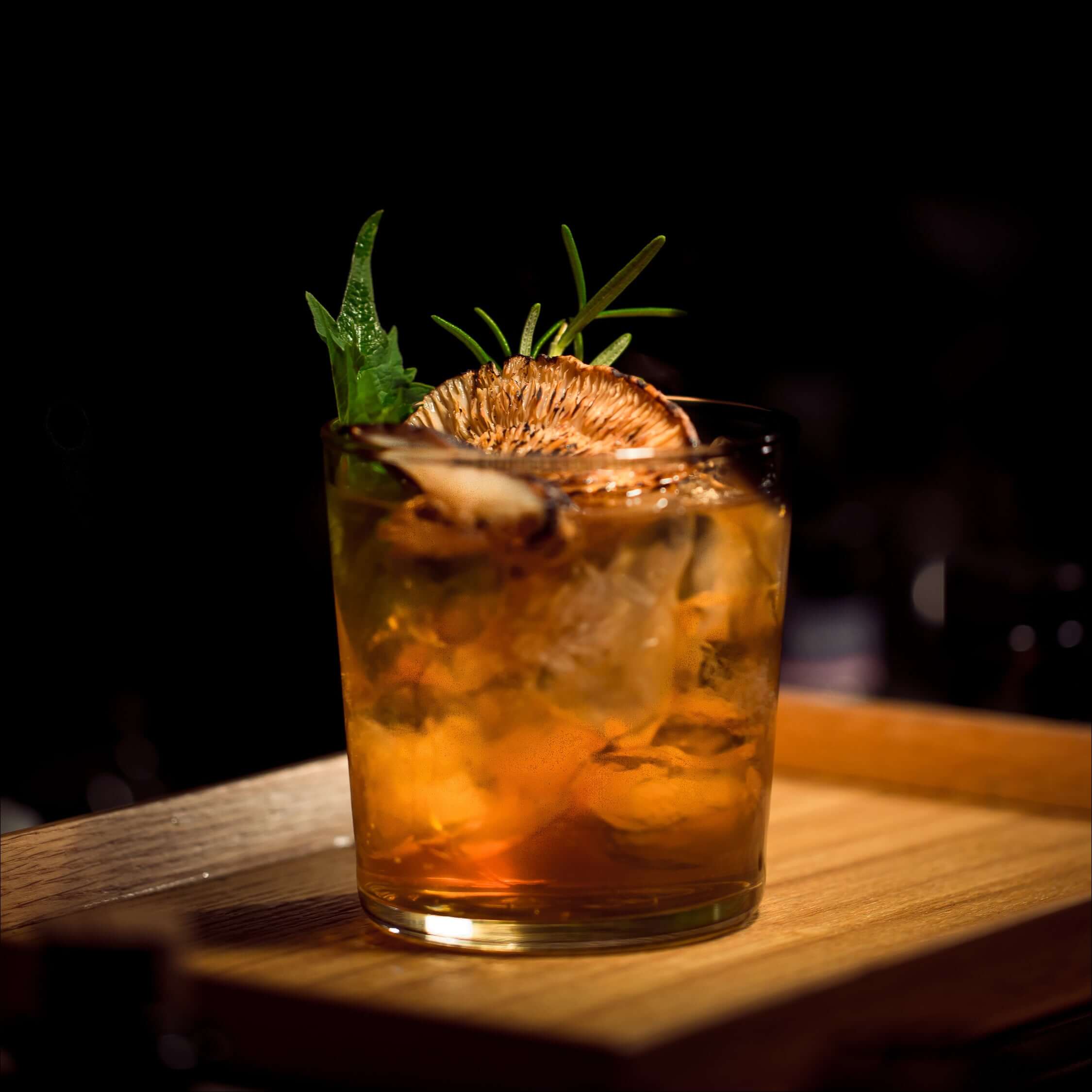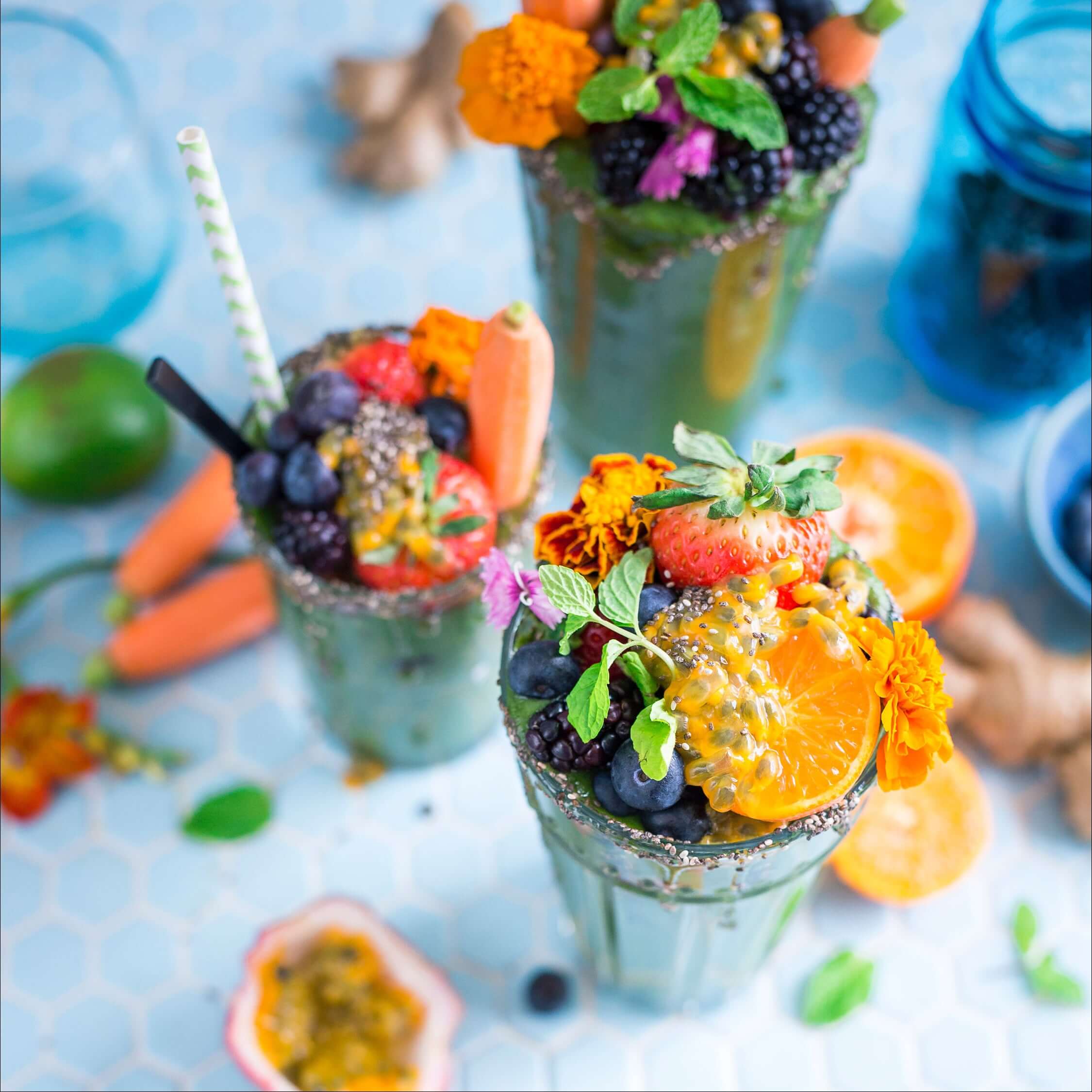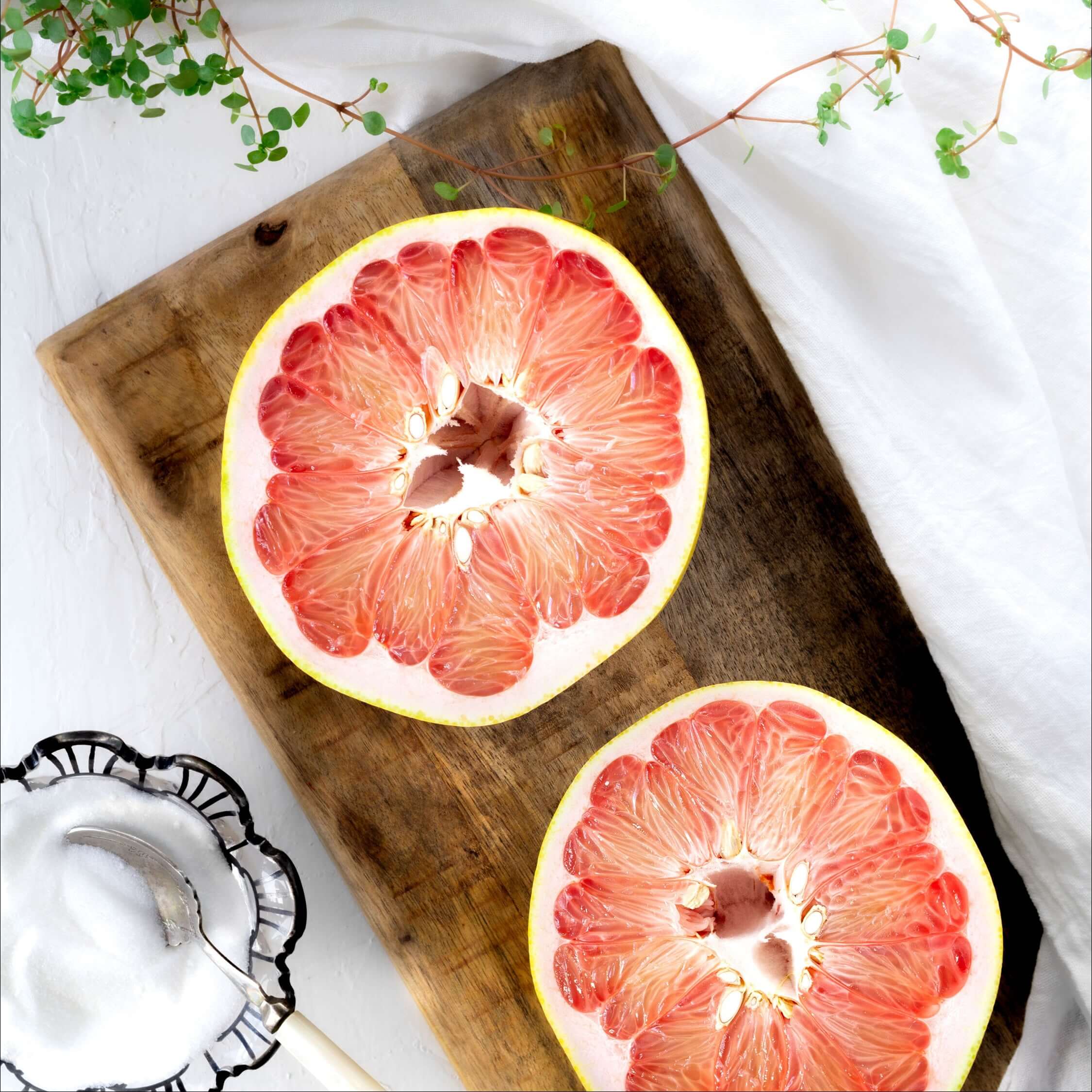Dry January - The Alcohol Facts
Well, welcome to 2021. I hope, (but fully expect this not to be true given the circumstances,) that you’re adjusting to 2021 with renewed energy and vigour...What’s more likely, however, is that given the announcement this week of another national lockdown and the schools closing, you’re wringing your hands at the thought of yet more home schooling, reduced social interaction and, now that’s it’s winter and freezing, reduced time outdoors too.
I’m not painting a pretty picture, my apologies for that, but I think it illustrates just why so many of us might not be doing Dry January this year - it’s just a step too far right?!
Well as a Nutritional Therapist I can’t ever avoid the fact that alcohol is, and always will be, a liver toxin. Sorry! Alcohol is a drug in the same way that marijuana is a drug, but we’ve normalised alcohol to the point of acceptability and needing it to feel a certain way: to relax at the end of a long day, to feel less inhibited or to properly connect with our partner or spouse.
Now I am by no means anti-alcohol, in fact, I write this today in anticipation of tomorrow - a birthday of mine with a zero at the end, and of course I’m going to have some champagne! I merely wanted to get across the point that it can often be incredibly hard to disassociate from the societal norm of including alcohol into our daily routines - but as with everything, it’s good to test yourself and your relationship to food, alcohol, exercise etc so that you can see how your body functions with or without it (for better or for worse). If a month of being strict is what you need to kick a serious lockdown Quarantini habit and fully tune in to how your body feels without alcohol, then I’m all for it. Thereafter, cultivating a relationship with alcohol that’s not based on dependence or need is certainly the way forward.
So why might you try Dry January then, from a health perspective? Let’s look at what alcohol does to the body.
What does alcohol do to your body?
Like I said, there’s no two ways about it - alcohol is a toxin. It can get confusing when the media gets a hold of the idea that because resveratrol is high in red wine, it’s therefore good for us - but you can get resveratrol from fresh grapes too. As part of a healthy diet and lifestyle, and providing you have no other underlying health concerns, then I’m not worried about a moderate intake - but what I would say is this: know your limits.
We all have the ability to process alcohol in varying degrees of success. Some people process it very quickly and can have a bottle of wine and not be hungover the next day, whereas others can have a glass of wine and be hungover for three days - you’ll know which end of the spectrum you lean towards. For those on the faster end of the spectrum, their detoxing capabilities are a bit like a revolving door, toxins go in, toxins go out and the net result of that is zero. For the rest of us, alcohol hangs around in our system for much longer making us feel a bit crap!
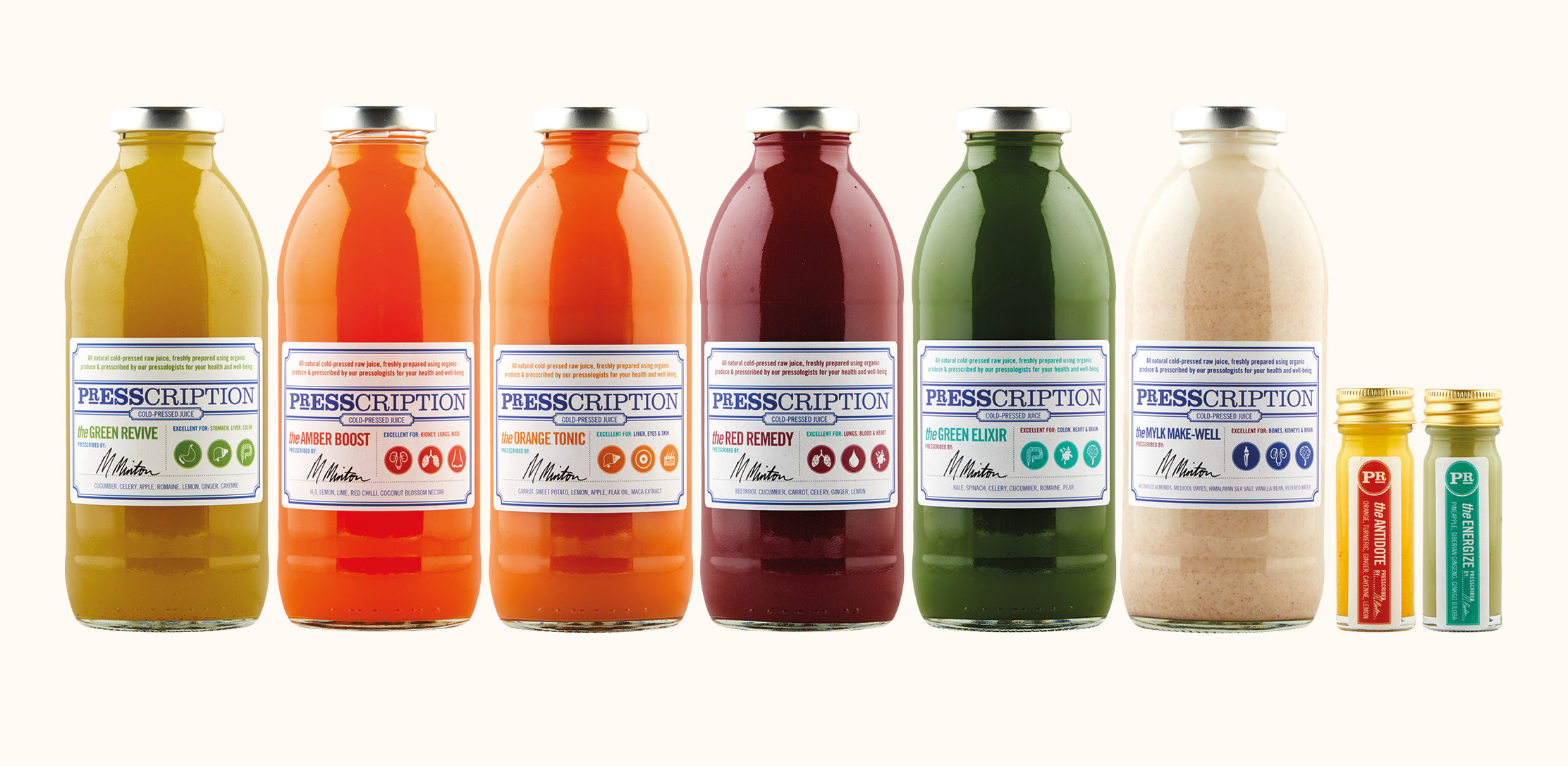
Get Your January off to a flying start with our Signature Cleanse, a powerful detox support and nutrient dense cleanse to help you feel your best at the start of the New Year!
Packed full of organic fruit and vegetables, in a strict 80%-20% vegetable to fruit ratio, out cleanses pack a real nutritional punch! Packaged in glass bottles for freshness and delivered straight to your door.
"Super refreshing and really easy to stick to. Especially loved the almond milk before bed as it helped quash hunger before bedtime. I have tried several cleanses from different companies and this is the best one so far."
"Delicious juices, easy to follow instructions. My daughters and I are doing 3 days a week for 4 weeks and having completed our first cleanse we know it’s manageable and we’re going to feel fantastic! Thanks team Prescription Juice." - Fiona H
So, the amount of oxidative stress and inflammation created for those on the fast end of this detox spectrum is relatively low, but for those of us who process toxins much slower then the effects are more severe.
Alcohol creates inflammation in the stomach and the intestine, and then it has to be processed by the liver. As a result of this we become nutrient deficient, because the processing via the liver requires a large input of nutrients: first it has to go through a series of enzymes, then it has to be attached to a protein, then it has to move into the bile, and then to the gut and processed by the bacteria in the gut. Each of these steps has many moving parts and requires a lot of nutrition, and alcohol depletes you of this nutrition in the first place!
It also creates inflammation in the brain and affects the blood-brain-barrier - essentially there isn’t really any system within the body that alcohol can’t have a negative inflammatory effect on.
So yes, we feel great while we’re drinking it but we have to have the ability to recover from the toxic exposure, and that depends on the person and their own level of health and detox potential.
So, what do I think about Dry Jan?
I’m all for it, but only if it will make you reassess and reevaluate your relationship with alcohol generally. What I’m cautious about is people going cold-turkey for a month and then come February swinging completely the other way and thinking that as they’ve done their time, so to speak, they’re good for the rest of the year!
Moderation is key, knowing your limits is key, knowing your own body’s detoxing power is really key and you’ll all inherently know where you stand with regards to that. As I said, I’m not anti-alcohol but I do think it’s worth examining your relationship to it, especially in light of this year and the difficulties we’ve faced, and then making sensible decisions as to how much and how often you drink.
@gracekingswell
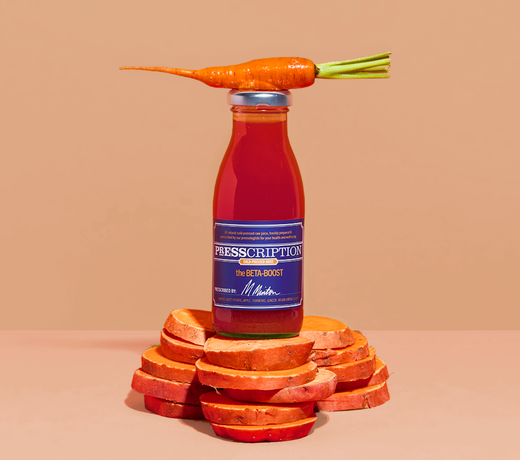 Why Presscription?
Why Presscription?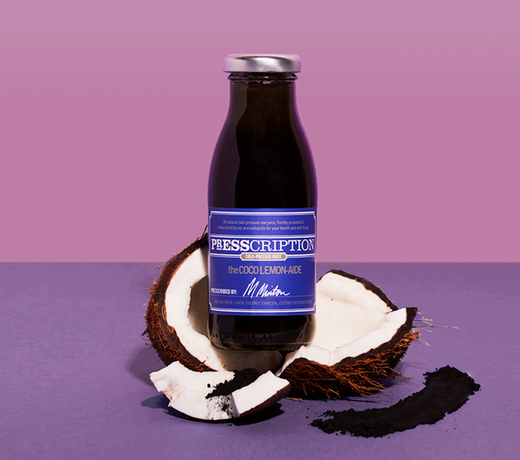 Why Cleanse?
Why Cleanse?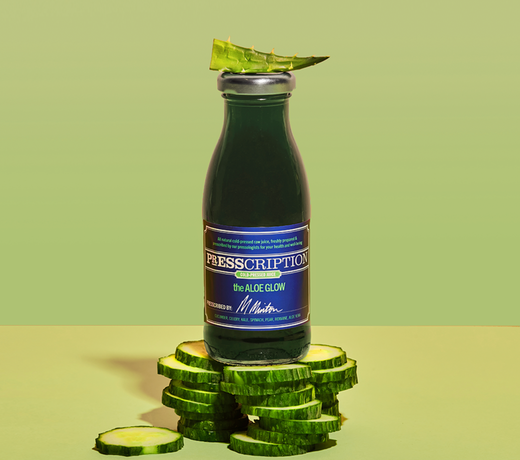 Cleansing Tips
Cleansing Tips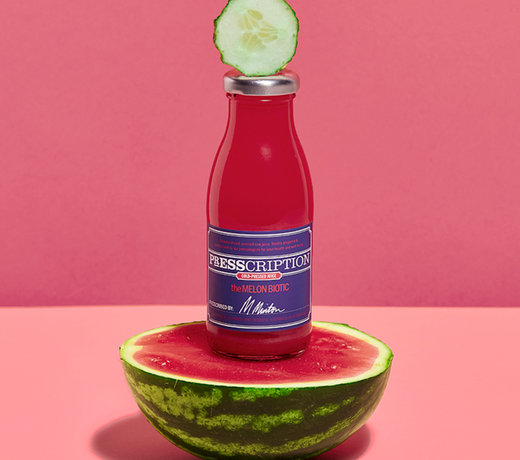 What's Pressing?
What's Pressing?